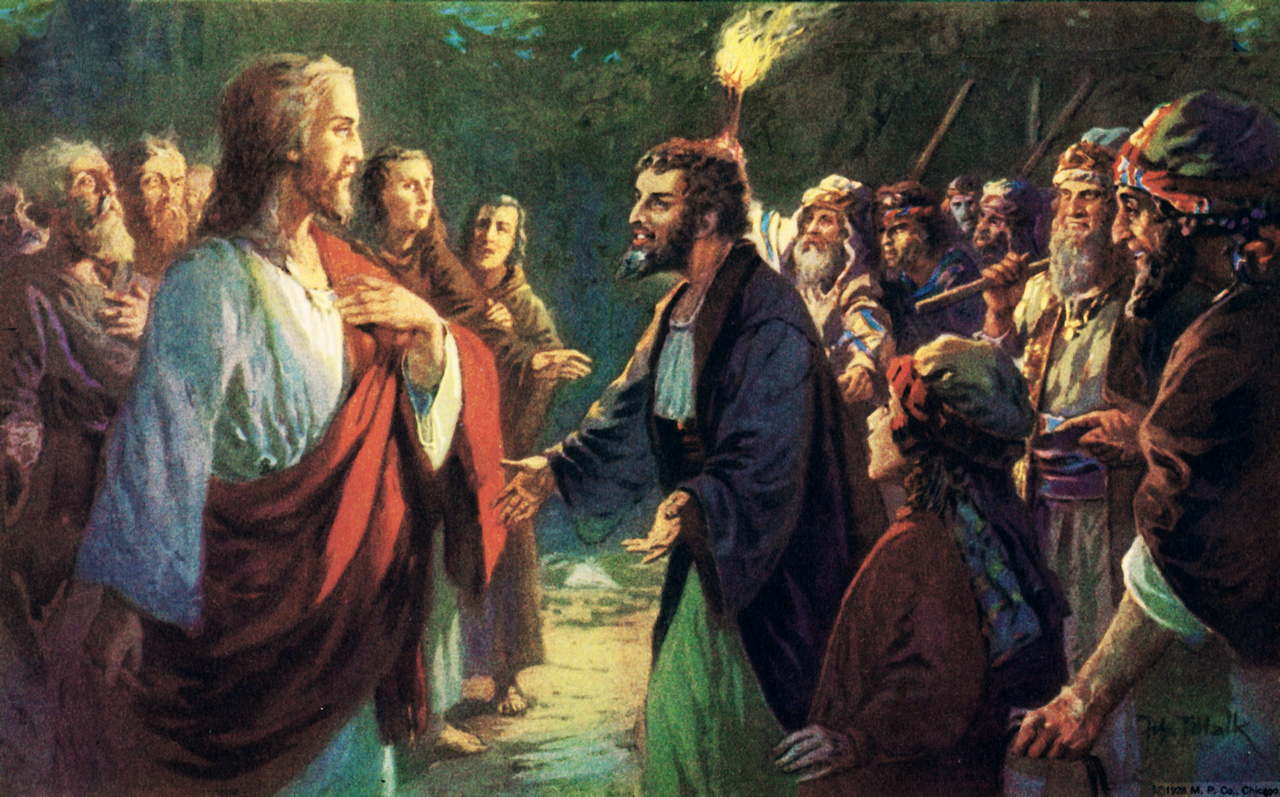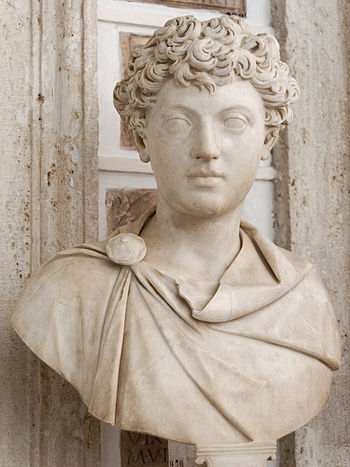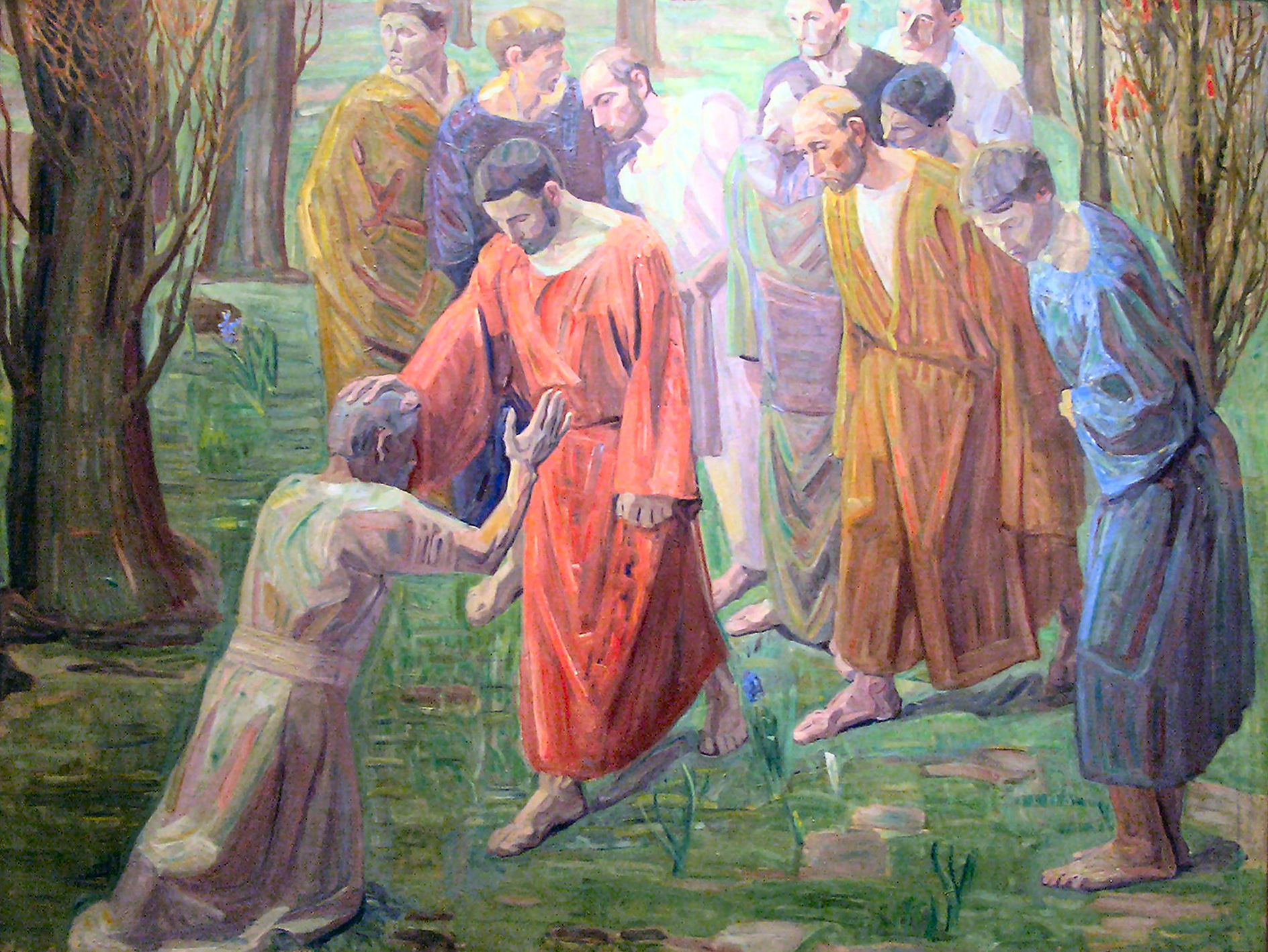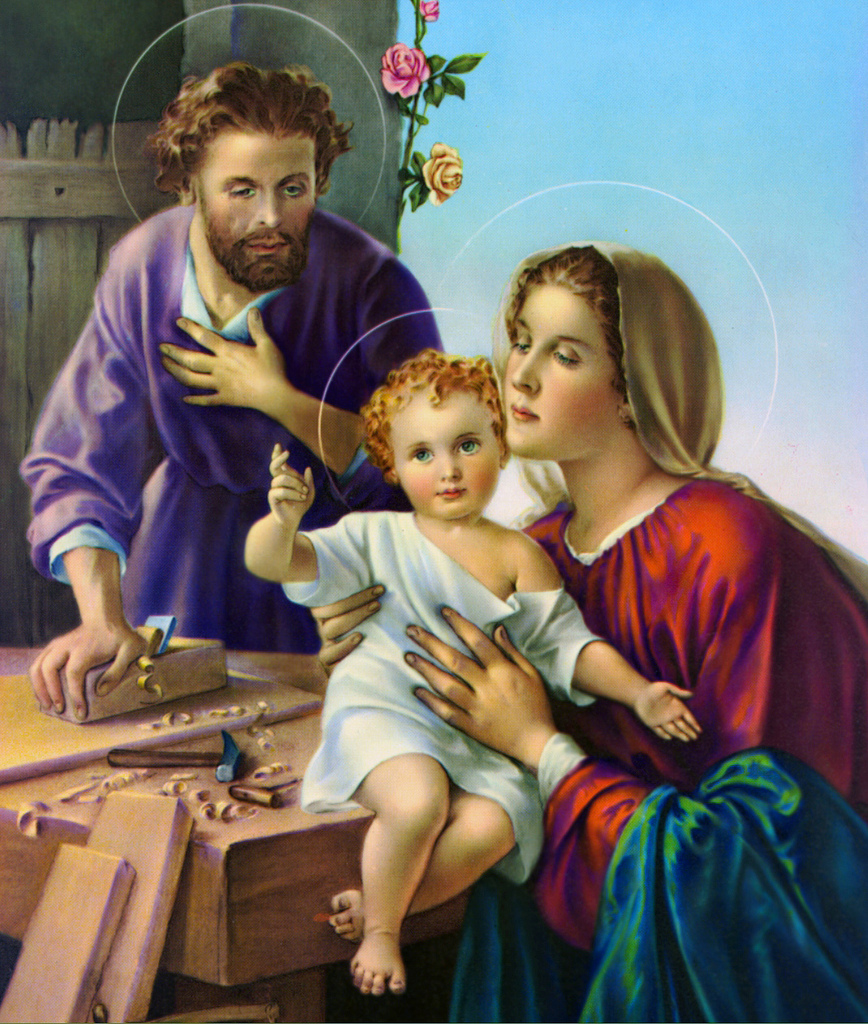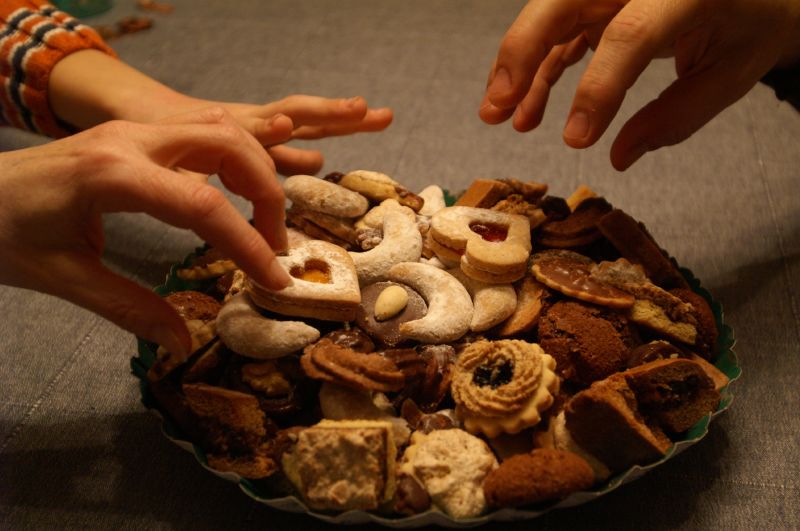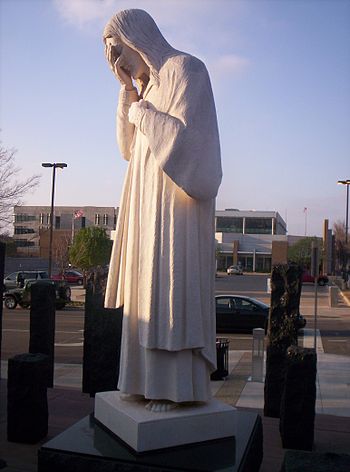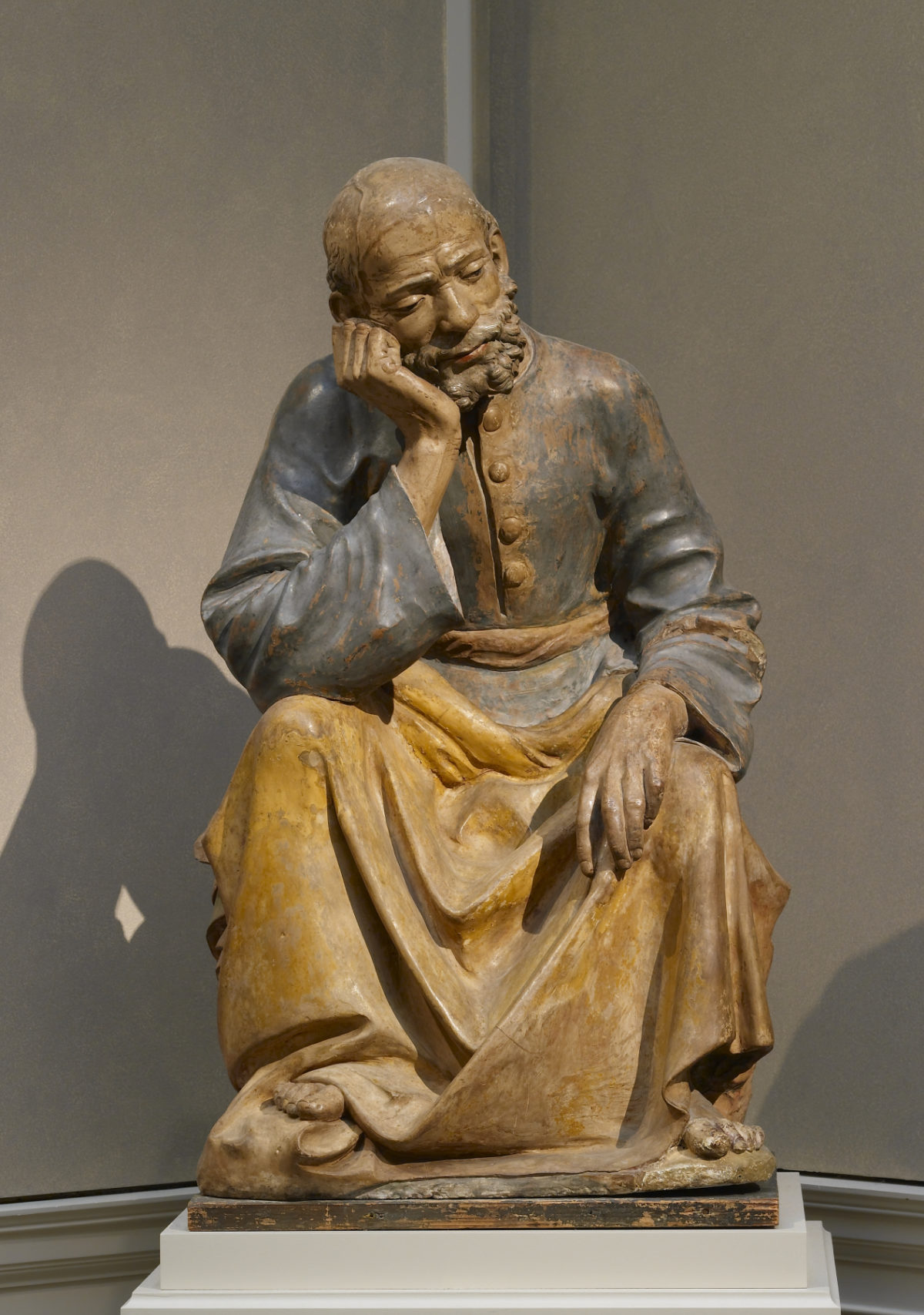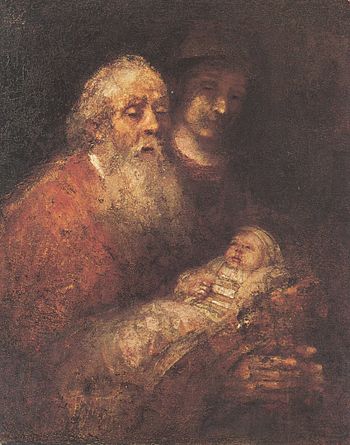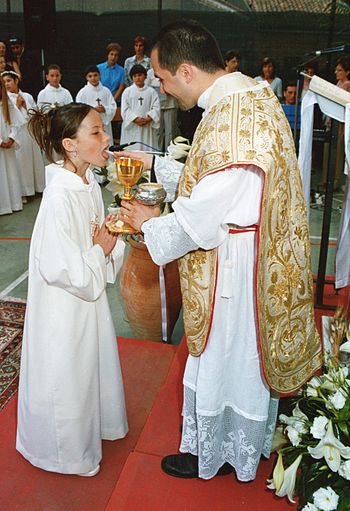One of the aspects of the Passion narrative that initially confused me was Judas’ betrayal with a kiss. Why was the kiss to identify Jesus in the garden of Gethsemane necessary? Wouldn’t the soldiers sent to arrest Jesus know what he looks like? After all, they arrested Jesus because of the threat He supposed posed. This was the man who had been preaching and healing throughout the region and the authorities had wanted to arrest for some time. Jesus was basically public enemy #1 on the Pharisees‘ “most wanted” list. Why then, did the Jewish authorities need Judas to pick him out in the small group gathered in the garden?
To me, the answer to this question is yet another question — did the Pharisees really know Jesus? The Pharisees knew that there was this person traveling around the region criticizing their authority. He was a person the people loved despite not following the Mosaic law. And that’s all the Pharisees bothered to learn about Jesus. Did they actually listen to His teachings and think about what He was saying? It looks like the Pharasis dismissed Jesus’ teachings outright without even thinking about them.
Since the Pharisees and their followers never took the time to really understand Jesus, they didn’t know who to look for to arrest. To them, Jesus was a faceless agitator. Those who arrested and ultimately crucified Jesus didn’t really know Him and that is why they needed one of His disciples to identify Him.
When we read about Jesus’ arrest or meditate on His agony in the garden when we pray the First Sorrowful Mystery of the Rosary, we should ask ourselves whether we are making the time to try to understand Jesus. Are we praying daily and trying to know His Will and ask for the strength to follow His teachings? Or are we like the Pharisees and see Jesus’ teachings as an impediment or inconvenience in our lives? Do we dismiss Jesus because we aren’t taking the time to understand what He is trying to teach us?
When I read articles that are critical of the Catholic Church or make fun of Her teachings, I think about the Pharisees that Jesus encountered. Popular media criticizes the Church because they do not understand the Church nor do they want to make an effort to learn. In their minds, the Church is some arbitrary and controlling patriarchy telling people what they can and cannot do. They don’t see the centuries of reason and logic that go all the way back to Jesus who taught what He taught out of love.
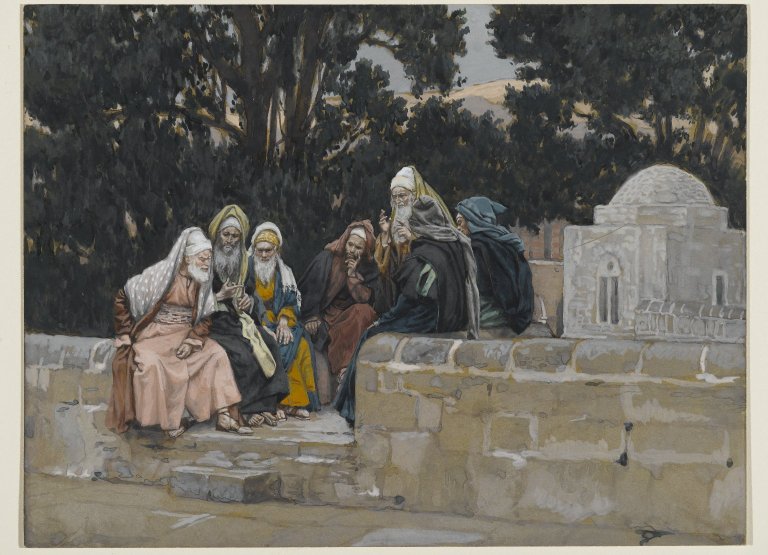
In addition to the First Sorrowful Mystery of the Rosary, the Joyful Mysteries also have a lot to say about not dismissing God’s Church without understanding Her. Like Mary and Joseph in the Annunciation, we need to have a willingness to trust God’s plan even when it runs contrary to our plans. Or jump to the Fourth Joyful Mystery and look at Saint Simeon and his devotion to God. When we pray the Rosary, remember to pray for those who act like the Pharisees — those who criticize the Church without the desire to understand Her. I honestly believe that with enough prayer, the most critical of the Church can become Her most fervent supporter. Don’t believe me? Look up “Blessed Bartolo Longo.”


